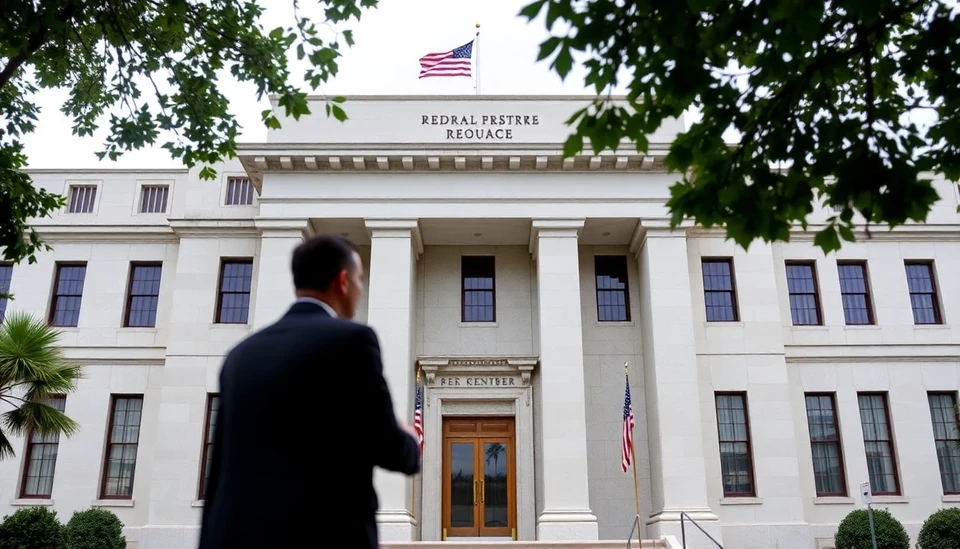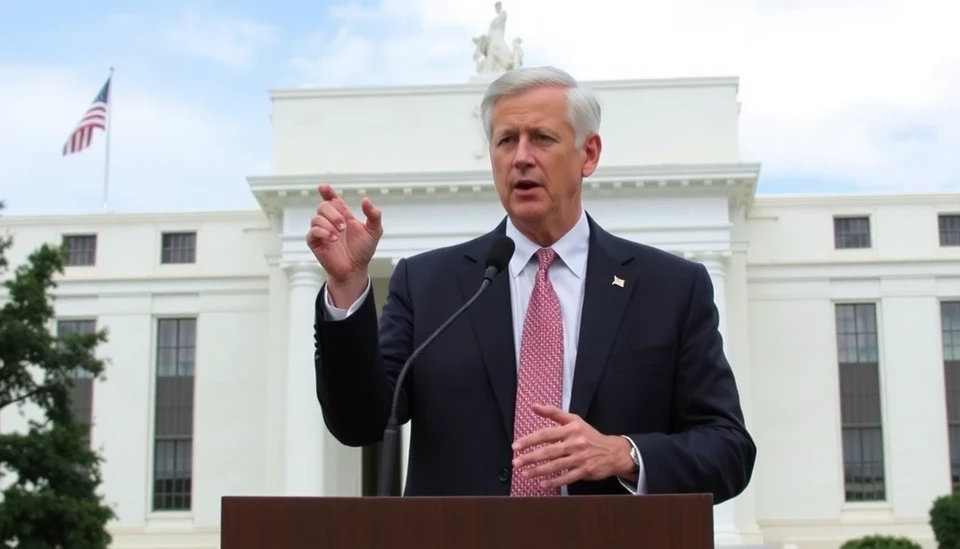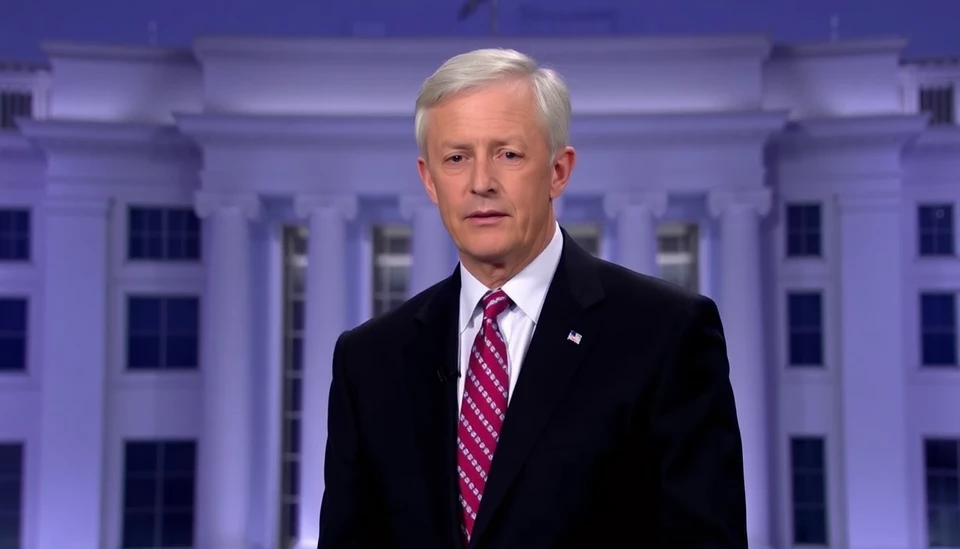
In a significant development that threatens to impact global climate finance efforts, the Federal Reserve has opted not to endorse the Basel Committee's recent climate framework. This decision has led to discussions regarding the committee's plans being pushed into a state of limbo, derailing hopes for an international consensus on climate-related banking regulations.
The Basel Committee's draft climate plan aims to create a standardized approach to managing financial risks associated with climate change. It was designed to guide banks in integrating climate risks into their financial assessments, ultimately promoting greater stability within the global financial system. However, the U.S. central bank's refusal to back this initiative raises questions about the future of international cooperation on climate finance.
Federal Reserve officials cited concerns over the potential implications of the Basel plan on U.S. banks. They argue that introducing stringent climate-related requirements could disproportionately impact American financial institutions, possibly undermining their competitiveness in the global market. This pushback from the Fed has left many international regulators perplexed, as it complicates ongoing efforts to unify banking regulations across different jurisdictions.
The Basel Committee, which includes central banks and banking regulators from around the world, has been working on creating a cohesive framework to mitigate risks presented by climate change. Many observers had anticipated that the U.S. would embrace increased regulatory measures, reflecting a broader commitment to tackling climate-related risks. The Fed's decision not to endorse the framework signals a divergence in priorities between the U.S. and its international counterparts.
This divergence is particularly alarming to environmental advocates, who argue that without firm global commitments, the financial system may lag in addressing the urgent challenges posed by climate change. They emphasize that effective climate action is crucial not only for the environment but also for the financial sector, as failing to incorporate climate risks can lead to significant economic repercussions.
As discussions surrounding the Basel climate plan stall, the spotlight is now on the ongoing negotiations between different nations. With countries facing distinct challenges in climate adaptation and mitigation, reaching a consensus on financial regulations may prove incredibly complex. Analysts suggest that without U.S. backing, the Basel Committee may need to reassess its strategy or risk losing momentum in international climate finance initiatives.
In the wake of the Fed's controversial decision, it remains to be seen how other countries will react and whether they will push back against the influential U.S. financial regulatory stance. This situation sets the stage for a critical juncture in global climate policy, with potential implications for international financial markets and the effectiveness of climate initiatives going forward.
As the landscape evolves, the necessity for collaboration and alignment in addressing climate-related financial risks will be more critical than ever. With the world grappling with the accelerating impacts of climate change, the urgency for coordinated action cannot be overstated.
#Fed #BaselClimatePlan #ClimateFinance #GlobalRegulations #SustainableBanking
Author: Peter Collins




